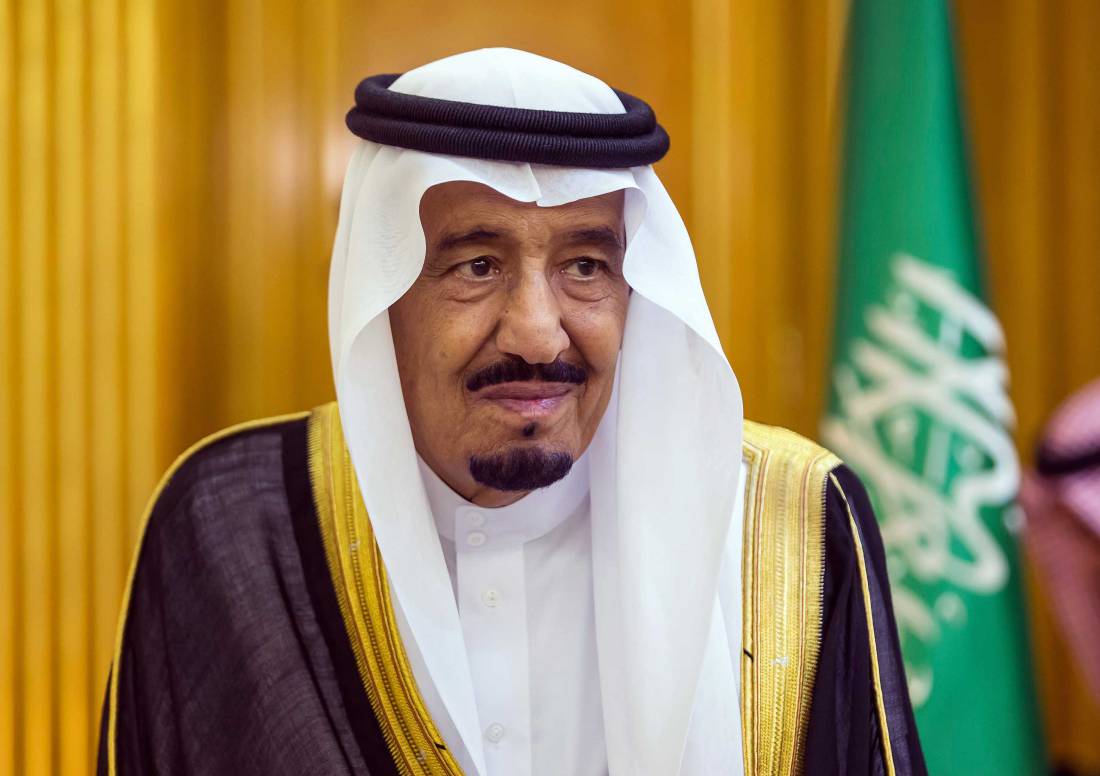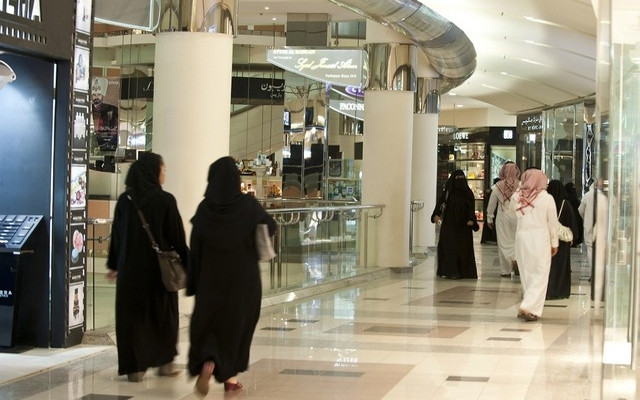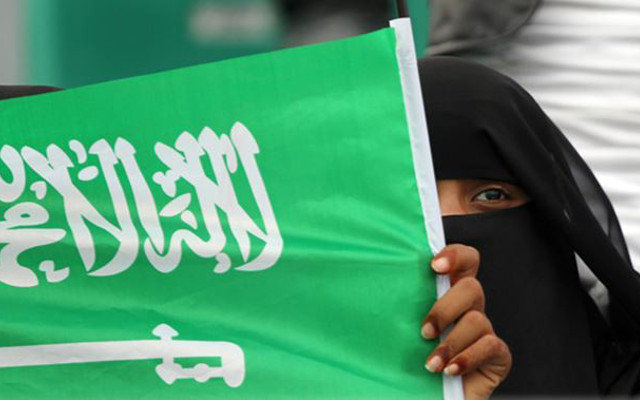Saudi Arabia has long been known for limiting women’s rights with its onerous male guardianship system. However, recently King Salman issued an order that allows Saudi women to benefit from services such as education and access to healthcare without requiring prior permission from their male guardian. If his order is fully implemented, it could be[…]
The participation of Saudi men and women in the 2011 Arab Spring protests placed significant pressure on the Kingdom of Saudia Arabia to make social, political, and economic reforms. In particular, women’s rights activists leveraged the influence of social media on the Arab Spring to bring attention to the lack of women’s rights granted by the[…]
On Sunday 3rd of April, a massive leak of confidential documents from notorious Panamanian law firm Mossack Fonseca were made public. The 11.5 million documents were sent from an anonymous source to German newspaper Süddeutsche Zeitung, then analysed and shared by the International Consortium of Investigative Journalists (ICIJ). The leaked data covers nearly 40 years,[…]
2015 was a watershed year for human rights in Saudi Arabia. It began last January, with the death of a cautious king whose experiments with limited reforms ended with the Arab Spring. It draws to a close now, having witnessed a near-record setting spate of executions, worsening repression of reformers and political dissidents, and a[…]
إضغط هنا لنسخة عربية FOR IMMEDIATE RELEASE: 25 October 2015 Washington, DC – More than a year since a Saudi Arabian court sentenced leading opposition activist Sheikh Nimr Baqir al-Nimr to death, authorities announced that his appeal has been refused and his death sentence upheld. Sheikh al-Nimr’s family and lawyer reported on Saturday that both[…]
- 1
- 2









